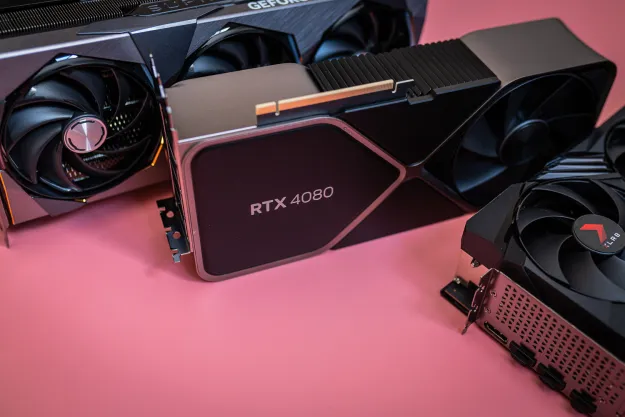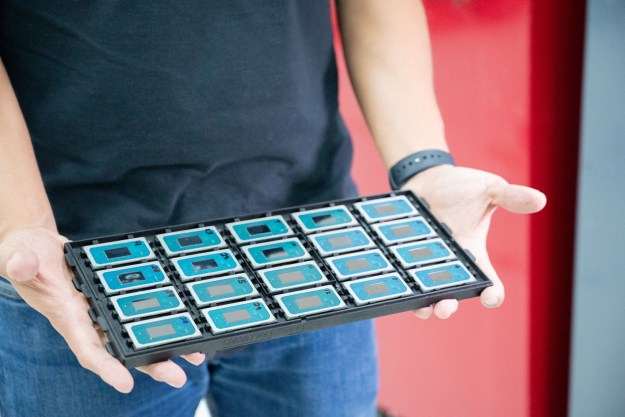
Old foes Microsoft and Sun Microsystems have struck an unlikely partnership: under the arrangement, folks who download Sun’s Java platform will also be given an option to download Microsoft’s MSN Toolbar, which offers direct access to Microsoft’s Live Search service, as well as Windows Live Hotmail and Windows Live Messenger.
“This agreement with Sun Microsystems is another important milestone in our strategy to secure broad-scale distribution for our search offering, enabling millions more people to experience the benefits of Live Search,” said Yusuf Mehdi, senior VP for Microsoft’s online audience business unit, in a statement. “With the vast array of Java software-based Web applications that are downloaded every month, this deal will expose Live Search to millions more Internet users and drive increased volume for our search advertisers.”
The move is about increasing the visibility of Microsoft’s Internet search services. Google is by far the dominant player in Internet Search, with Yahoo a distant second; Microsoft, AOL, and Ask.com typically fight over the remaining scraps of audience share for the number three, four, and five positions. Microsoft has desperately trying to improve the audience and quality of its search offerings; in fact, acquiring Yahoo’s roughly 20 percent share of the search market was one of the company’s major motivators for trying to acquire Yahoo earlier this year.
Sun and Microsoft have a long history of contention over Java; in 1997, the companies sued each other, with Sun alleging Microsoft was distributing a version of Java that wasn’t compatible with Sun’s, while Microsoft said it merely altered Java to let developers tap into Windows features—and, of course, it countersued Sun. The case was a major factor in Microsoft’s federal antitrust case; Microsoft eventually settled for $20 million and shifted developers away from Java and towards its then-new C# language.
Editors' Recommendations
- Get this Asus laptop with a year of Microsoft Office for $199
- How to set up Windows 11 without a Microsoft account
- Ends tonight: Get 42% off a year subscription to Microsoft 365
- Copilot: how to use Microsoft’s own version of ChatGPT
- Microsoft Surface sale: Save on Surface Laptop 9, Pro 9, and more


